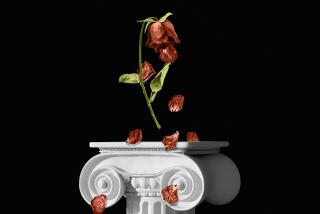- Share via
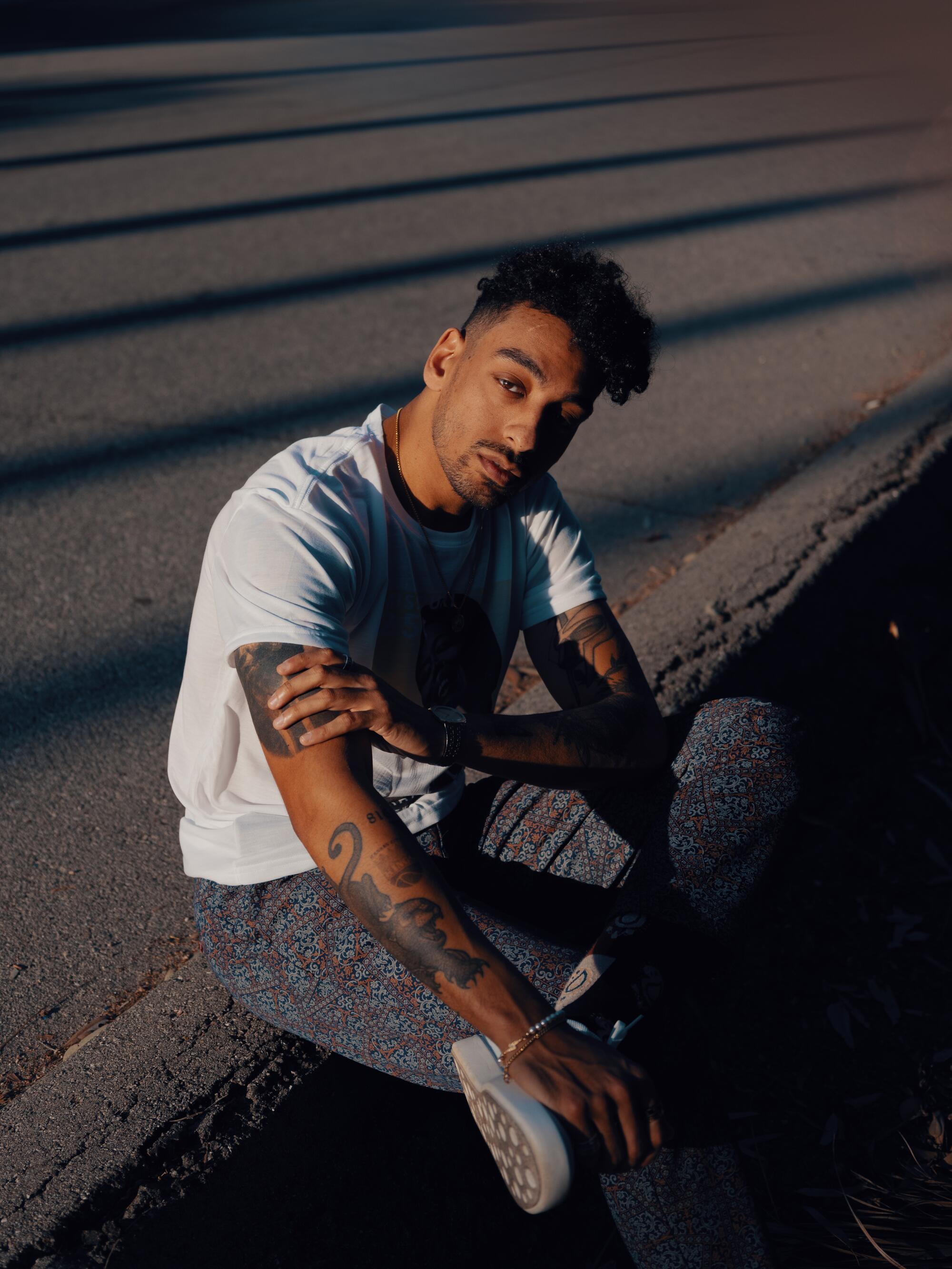
In the first episode of “Bel-Air,” a wide-eyed Will arrives at a neoclassical estate, its private driveway lined with picturesque palm trees and luxury cars. As he stands amid the grand foyer’s artworks and double staircase, he’s asked if he’s all right after everything that’s happened.
“It’s all good, Aunt Viv,” he responds with a smile and an eye roll. “I got in one little fight and my mom got scared.”
That throwaway line is an unmistakable wink at fans of “The Fresh Prince of Bel-Air,” who will immediately recognize those words from the still-syndicated sitcom’s earworm of a theme song. But it hits different in “Bel-Air,” where — by this point in the episode — viewers will have watched Will endure a near-fatal brawl, a night in jail and the fearful scolding of his mother, who sends the West Philadelphia teenager to live with estranged, wealthy relatives on the other side of the country.
Stretching those seconds-long lyrics into a 15-minute opening sequence — after which the title appears in glistening, golden, graffiti-less letters — is an up-front declaration: “Bel-Air” is not just another reboot of a well-known TV show. While recent re-inventions rest on replicating familiar formats, regurgitating subplots or recasting actors to reprise their roles, the Peacock series, which premieres Super Bowl Sunday, is a top-to-bottom reimagining of the story told on a ’90s sitcom.
And like any successful re-interpretation of a cultural touchstone — Daniel Craig’s Bond era, Prince’s Joni Mitchell cover, “Rosencrantz and Guildenstern Are Dead” — “Bel-Air” feels simultaneously familiar and uncharted, undeniably rooted in its predecessor and capable of standing on its own.
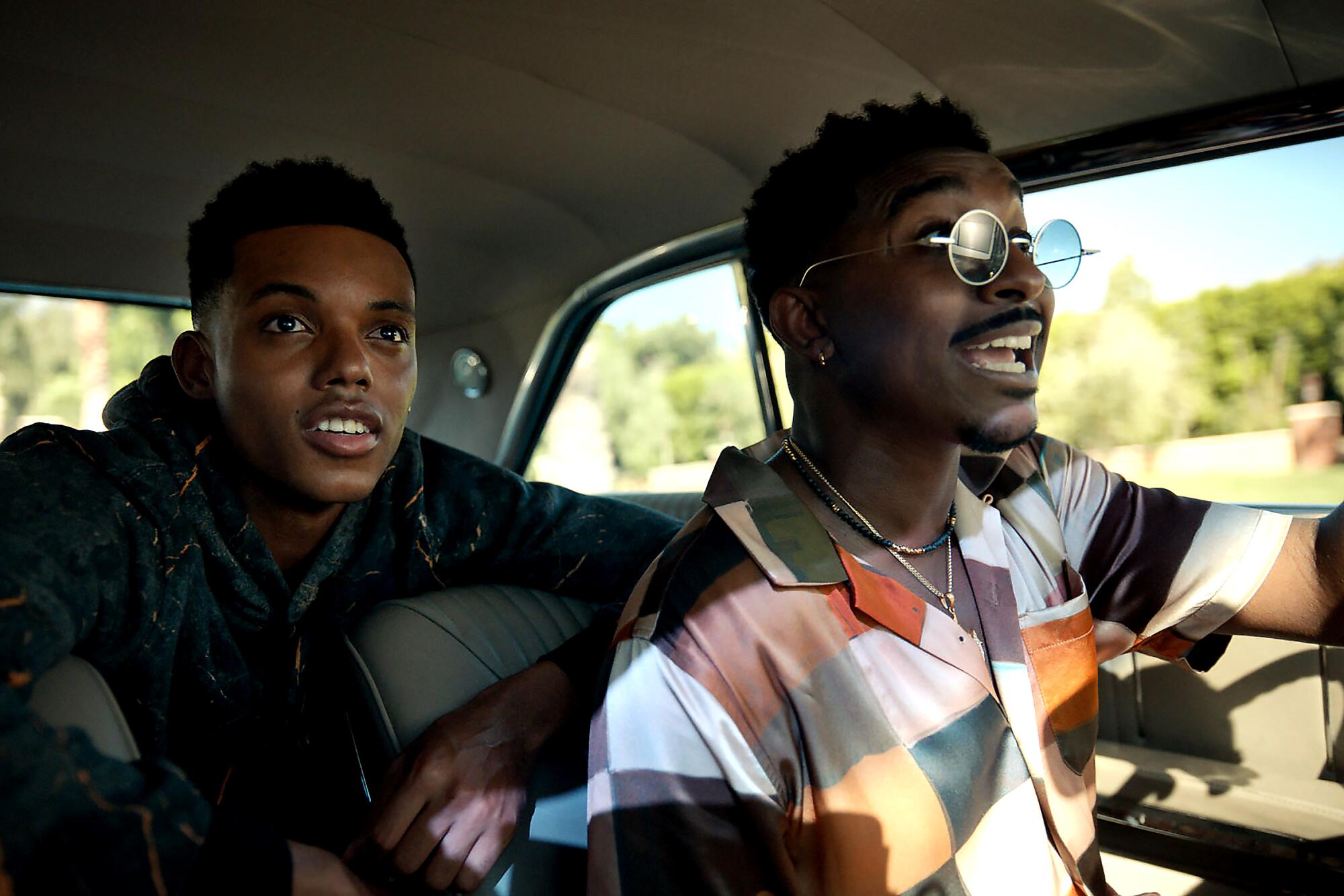
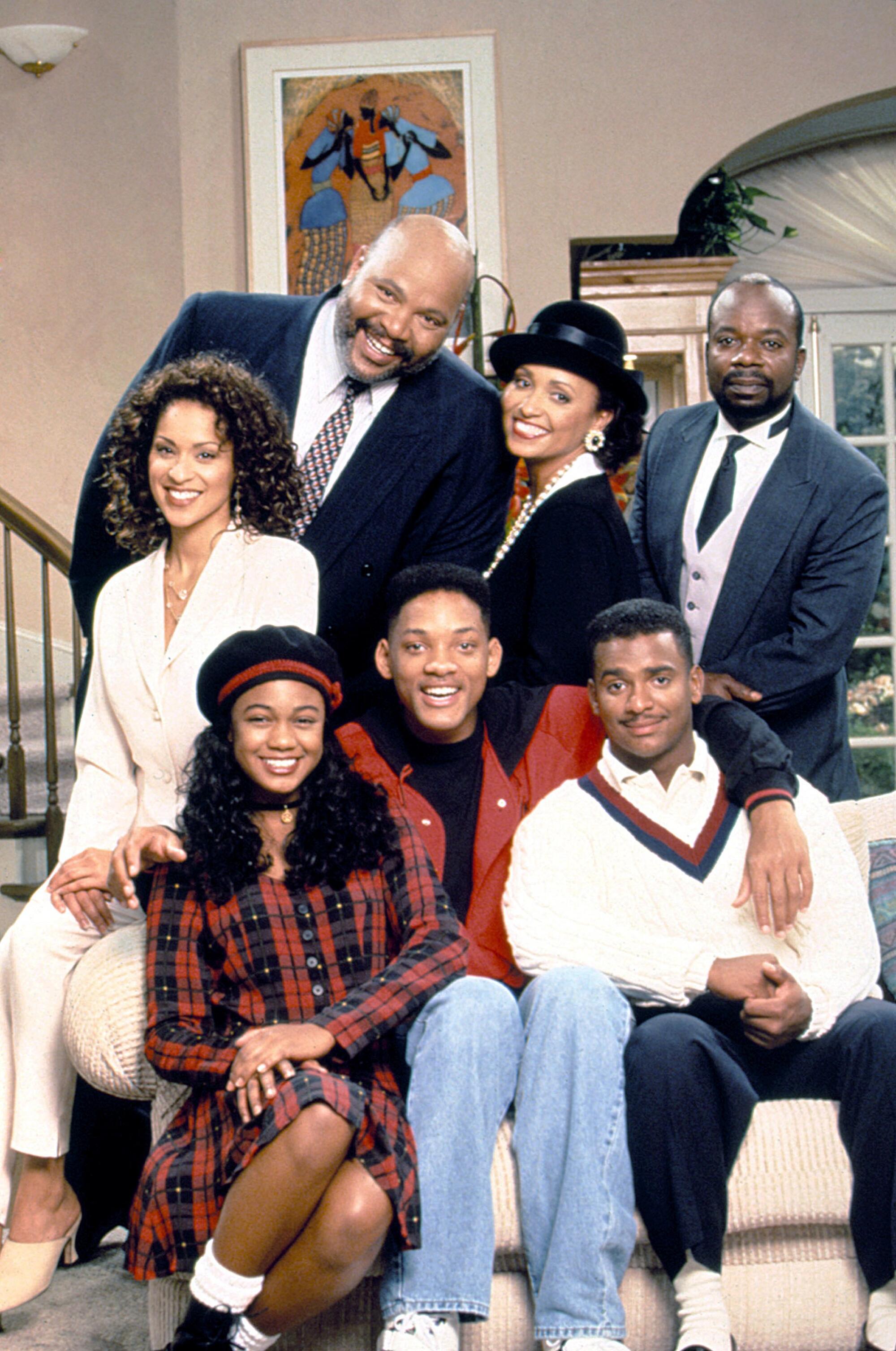
“I’m not typically a fan of reboots either, so I don’t take offense to people who might be a little bit hesitant about this show,” says “Bel-Air” creator, writer and director Morgan Cooper, a 30-year-old self-taught independent filmmaker and commercial cinematographer. “But creatively, I approached ‘Bel-Air’ like any other fully original idea I’ve had, and I would have never tried to make it if I didn’t have anything to say. This take came from a very pure and honest place. So it’s exciting to subvert people’s expectations. That’s all that any of us want from a story: to be surprised, in a positive way.”
The idea of a present-day “Fresh Prince” retelling came to Cooper, who grew up on its reruns, in May 2018. “I was driving, and the entire vision suddenly hit me — the language, the music, the quality of light, every detail was clear as day — and I had to make it,” he recalls. He shot the self-funded $25,000 project in eight days over two months, with a cast of local actors from his hometown of Kansas City, Mo. “It didn’t feel like a gamble to me. That’s what we have to do as artists. We can’t wait for other people to give us permission to make the art that’s within us. We can take it upon ourselves and invest our own money into our dreams.”
Structured like an intriguing movie trailer, the homegrown short was uploaded the following year and went viral, attracting attention from nearly every agency and studio in Hollywood — along with “Fresh Prince” star Will Smith.
“Over the years, Will has been approached many times with how to redo ‘Fresh Prince’ with a female lead, or with somebody going from Bel-Air to Philly, whatever the new twist is,” says Terence Carter, co-president and head of television at Westbrook Studios, which is producing the series.
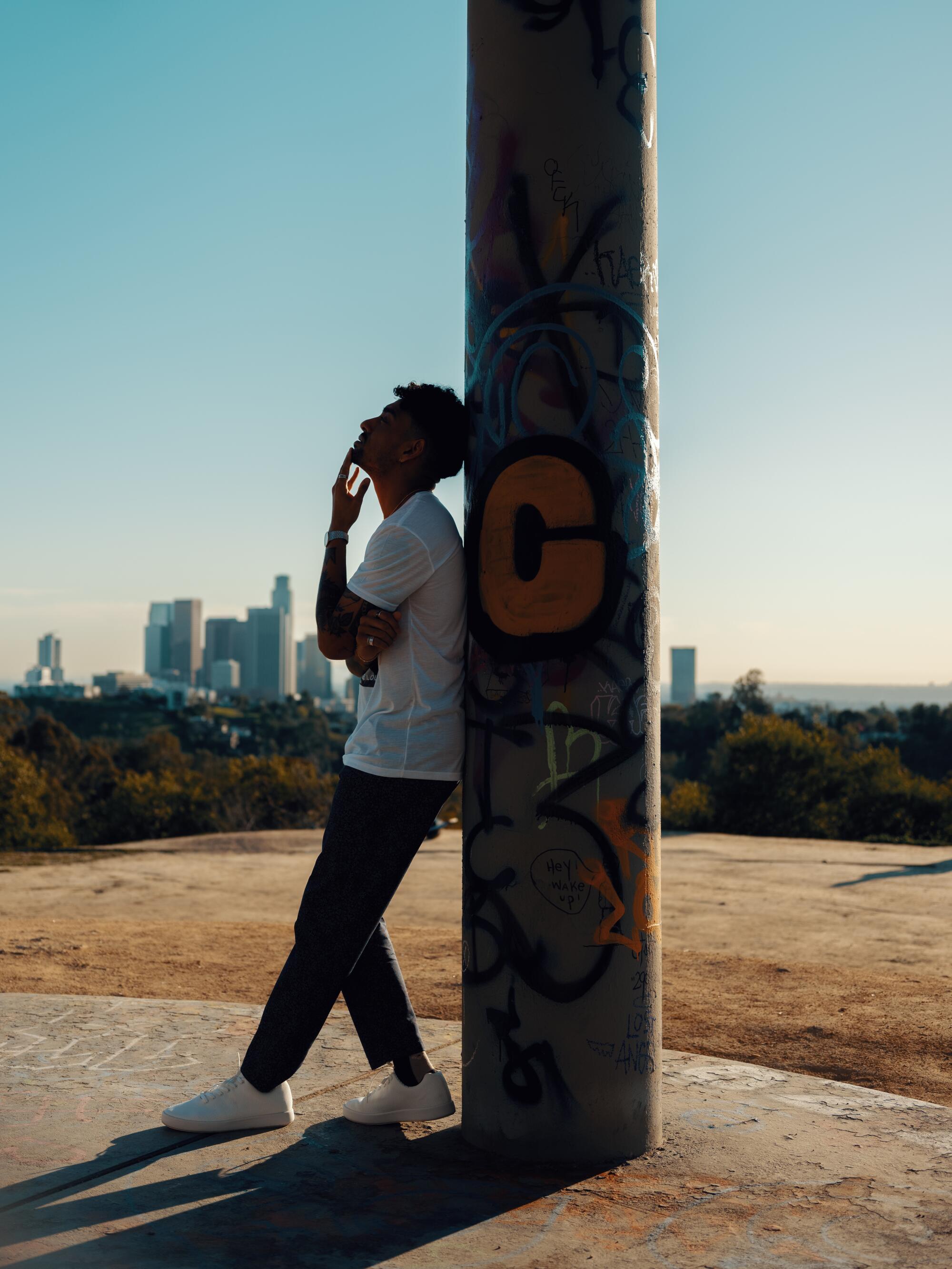
“But what Morgan did is more than just a logline. It’s the way he shot it — not that it looked cool and glossy, but how he lit those characters and captured the Black skin. It felt like this could be a different kind of show, one that takes the best parts of the original and uses it as a jumping-off point to tell the stories of the Black experience that weren’t being explored in other television shows.”
After all, the NBC hit’s fish-out-of-water concept was loosely based on the real-life experiences of music executive Benny Medina, who as a teenager moved in with composer Jack Elliott and his family in Beverly Hills, after spending part of his childhood in and out of foster homes. “The deal was I had to keep a job, keep the grades up and be respectful of household rules,” Medina told The Times in 1990, the year the series premiered. “We adjusted the premise of the sitcom to fit Will. My upbringing didn’t have much comedy in it.”
And as goofy as “Fresh Prince” could be, it was the sitcom’s more serious storylines — Uncle Phil’s heart attack, Carlton’s firearm possession, Will’s reacquaintance with his absentee father — that cemented its pop culture legacy.
“The show had enough emotional twists and meaningful quandaries to prevent it from being simply written off as a formulaic comedy with loads of in-your-face colloquialisms,” Times staff writer Cheo Hodari Coker wrote when the series ended its run in 1996.
With Smith and the original show’s producers on board, “Bel-Air” sparked a bidding war in summer 2020, with Peacock winning out over Netflix, HBO Max, Amazon and Apple with a two-season deal.
In making its 10-episode debut season, “we made sure to keep the standards that were set in Morgan’s vision, without softening the edges or watering it down in any way,” says co-showrunner Rasheed Newson. “That short film was proof of concept of what the show’s tone and sensibilities needed to be, which is what a lot of first-year shows are searching for. Having that from Day 1 saves everyone weeks of arguing about what it is that we’re trying to do here.”
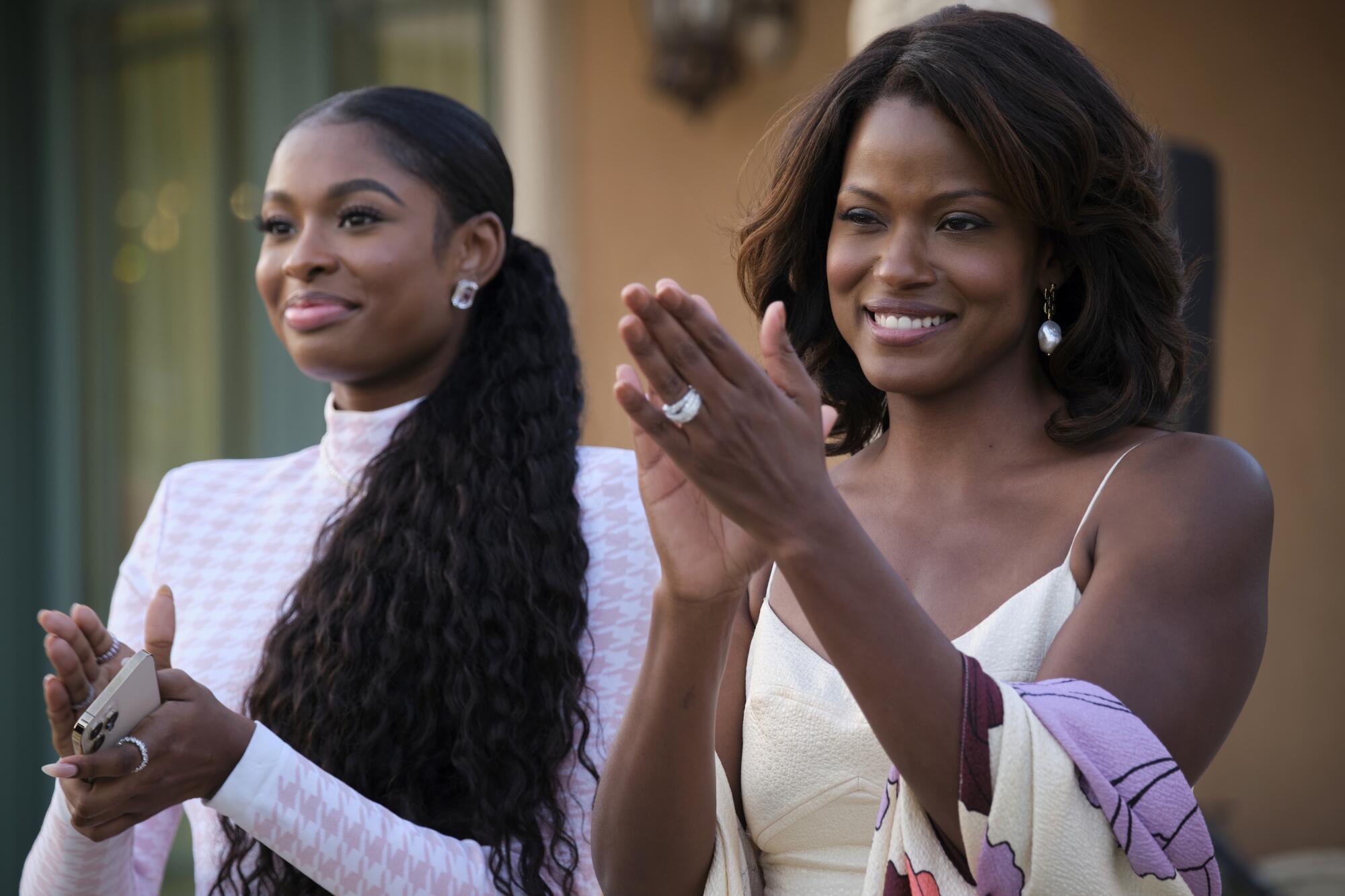
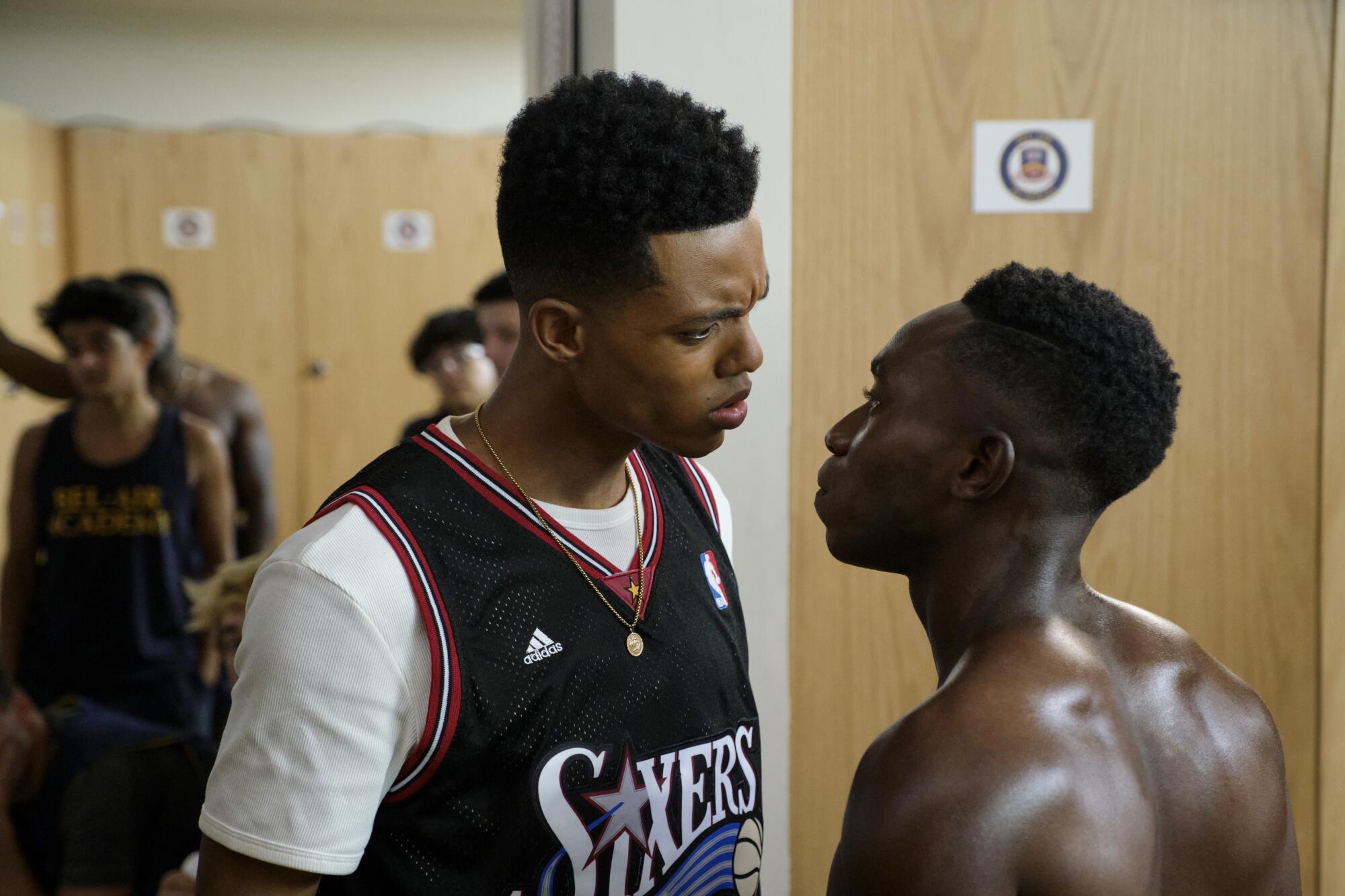
That directive is to continue the conversation “Fresh Prince” moderated — “how the Black experience is not a singular thing,” says Cooper — in a way that’s grounded in today’s reality. Take the initial relationship between cousins Will and Carlton: In the sitcom’s earlier seasons, their polar-opposite positions on music, fashion and how the world works were mostly played for laughs.
“Carlton was always the butt of the joke for being a Black man who doesn’t ‘get’ being Black,” says Olly Sholotan, who plays the “Bel-Air” version of Carlton opposite Jabari Banks’ Will. “Watching it as a kid, I never thought about it any deeper. But when you really look at it, this is a teenager who identifies as a person of color and doesn’t feel at home in his own community. In our show, he’s worked so hard and changed so much of himself to fit in elsewhere. And then someone shows up out of nowhere, does the exact opposite and seems to just keep winning and winning.”
Will steadily embraces his new world, which disrupts the meticulously maintained lives of the Banks family (who, says Cooper, were intentionally cast as dark-skinned “to be the change we want to see in an industry where colorism has always been an issue”). “When someone close to you goes through a metamorphosis like that, it makes you take stock in who you’ve been pretending to be versus who you can actually realize yourself to be,” says Cassandra Freeman, who plays Vivian Banks. “All the characters go through that. It’s really beautiful.”
Subsequent “Bel-Air” episodes pull on threads the original didn’t have the space to fully explore: who Uncle Phil and Aunt Viv were before they became parents, what they’ve sacrificed for their affluent lifestyle, why there’s all that distance between the Banks family and Will’s mother.
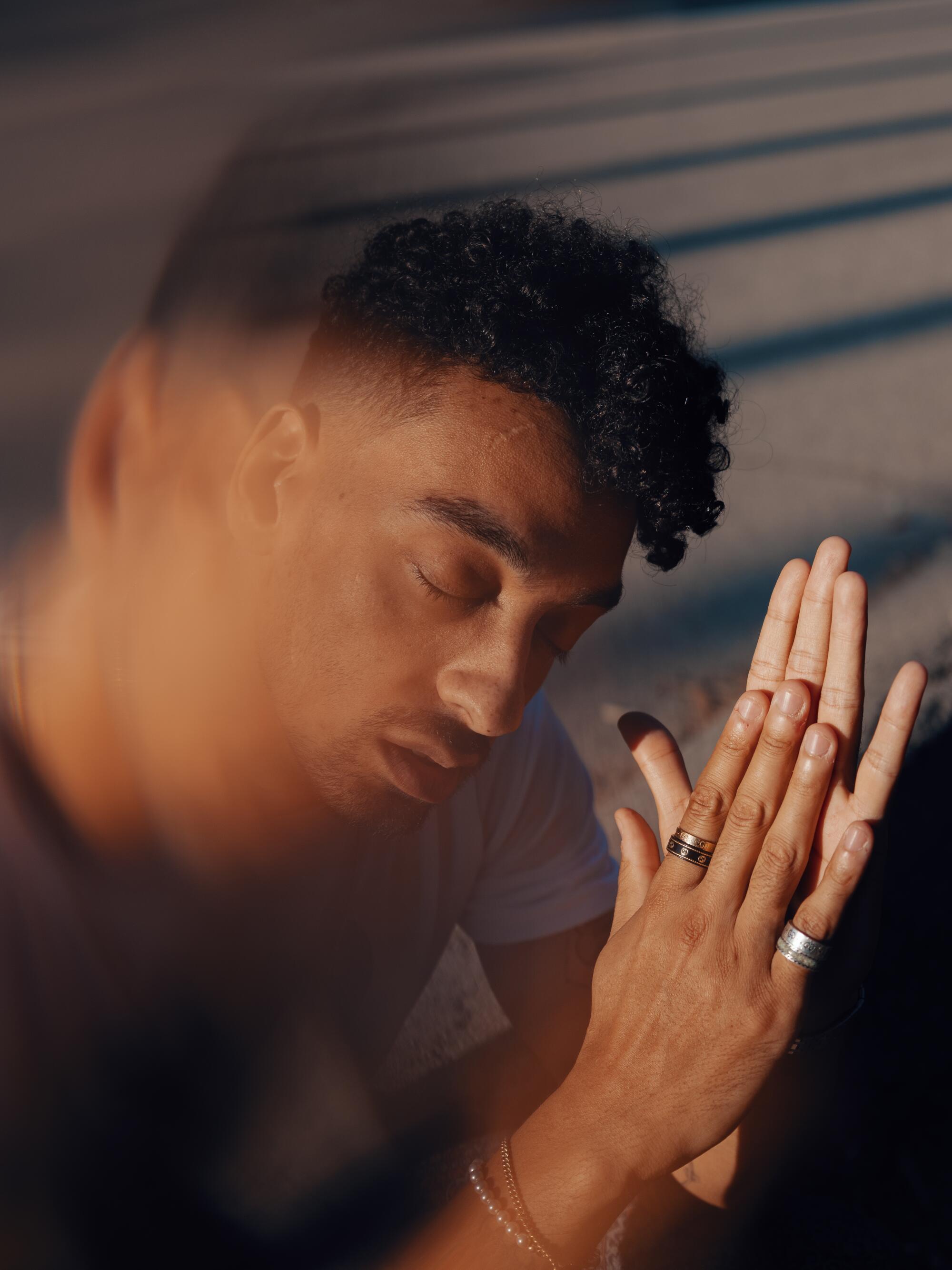
“With every idea, no matter how good it was, we had to step back and ask ourselves: ‘Even if you’ve never heard of “The Fresh Prince of Bel-Air,” is it still compelling?’” says co-showrunner T.J Brady. “This show has to be able to stand up on its own for audiences who are watching cold.”
If it succeeds, “Bel-Air” may well inspire Hollywood to modernize, dramatize and add new dimensions to other beloved TV comedies, continuing a trend that includes Netflix and Pop’s late, lamented remake of “One Day at a Time.”
“I can definitely see a lot of other shows trying to take this approach,” says Matthew A. Cherry, who directs the ninth episode. “This is a really unique situation: The original IP [intellectual property] had so many dramatic elements in it already, the way it even came to life as something so unexpected. There’s a great value in being first, and it’s very rare that people afterward can replicate those things and recapture that magic in the same way.
“But the brilliance is Morgan. The slang, the music, the look, everything in this show just feels so natural and organic coming from him. He does it in a way that doesn’t feel so coordinated and is actually authentic and super cool. And he’s just an incredible person.”
Cooper, who is also attached to Peacock’s hip-hop drama “Let Me Hear a Rhyme,” says he has “no shortage of ideas — I’ve got eight other shows I want to set in my hometown of Kansas City, I’ve got five different movies that I’m dying to make, I’ve got an album and a children’s book I want to release.”
He isn’t nervous about how “Bel-Air” will be received. (Like the rest of the cast and creatives, he even loved being spoofed by “Saturday Night Live.”)
“Listen, there’s always going to be people for whom this may not be their cup of tea,” he says. “As artists, if we try too hard to appeal to everyone, then we don’t make things that are meaningful to anyone. I think viewers can sense that energy. So it’s very important to check in about that intention: Why am I doing this? Do I have something to say? What do I believe in, as an artist? Those answers inform all your choices.
“You have to really remember why you’re making the art in the first place. It’s got to be done from a place of love. From that standpoint, I think anything is possible.”
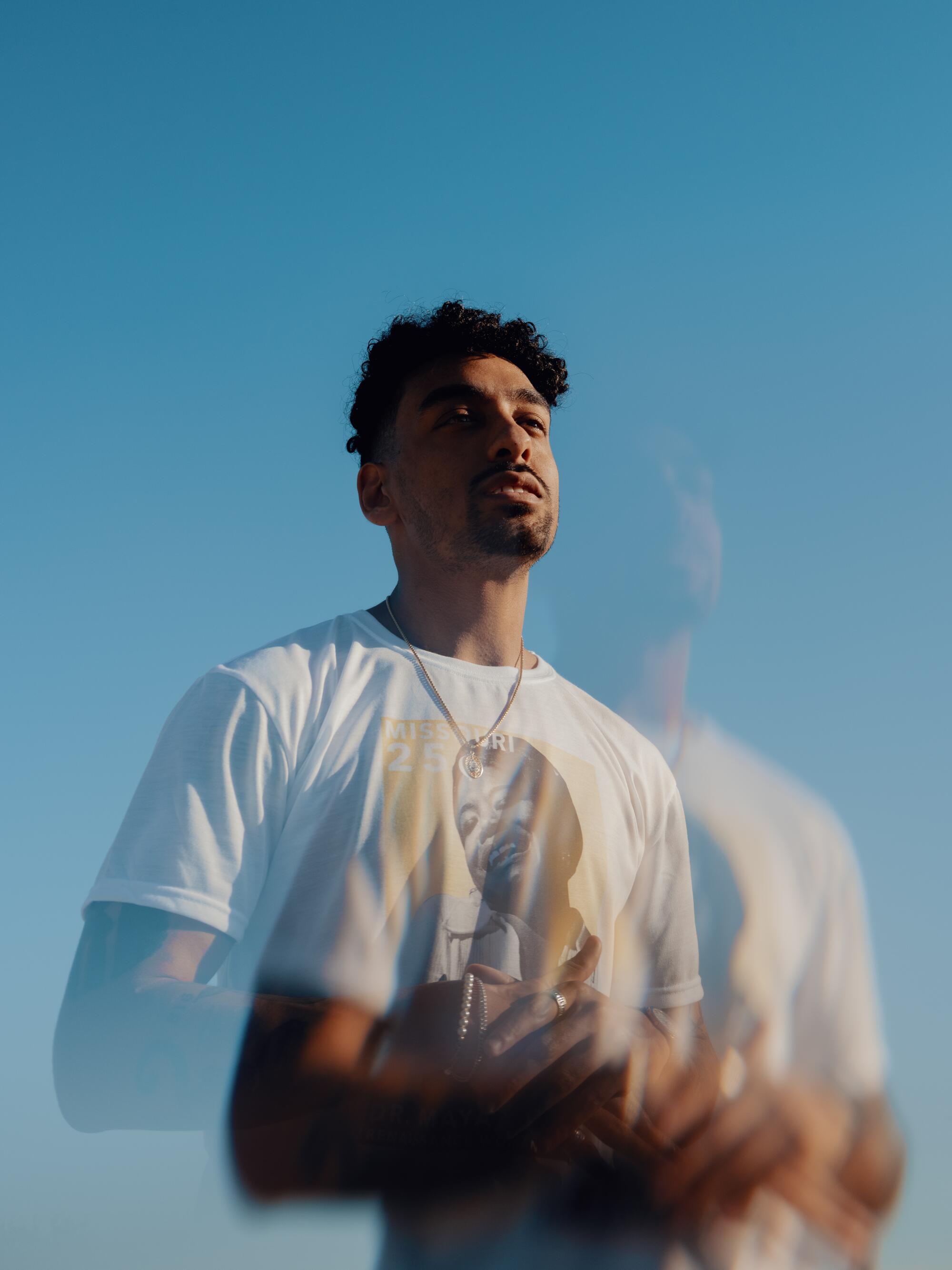
‘Bel-Air’
Where: Peacock
When: Any time, starting Feb. 13
Rating: TV-MA (may be unsuitable for children under age 17)
More to Read
The complete guide to home viewing
Get Screen Gab for everything about the TV shows and streaming movies everyone’s talking about.
You may occasionally receive promotional content from the Los Angeles Times.

